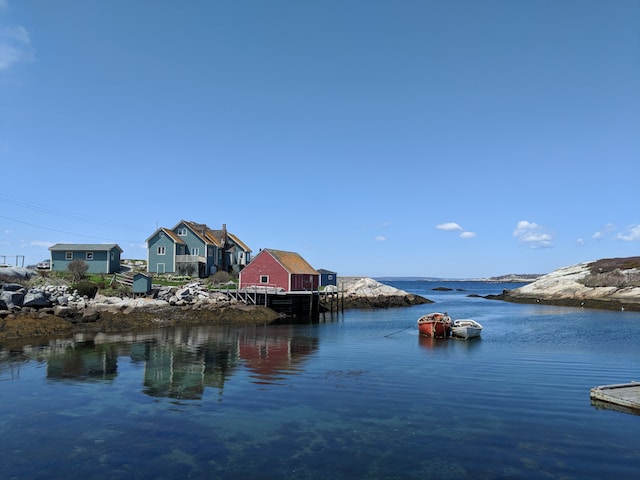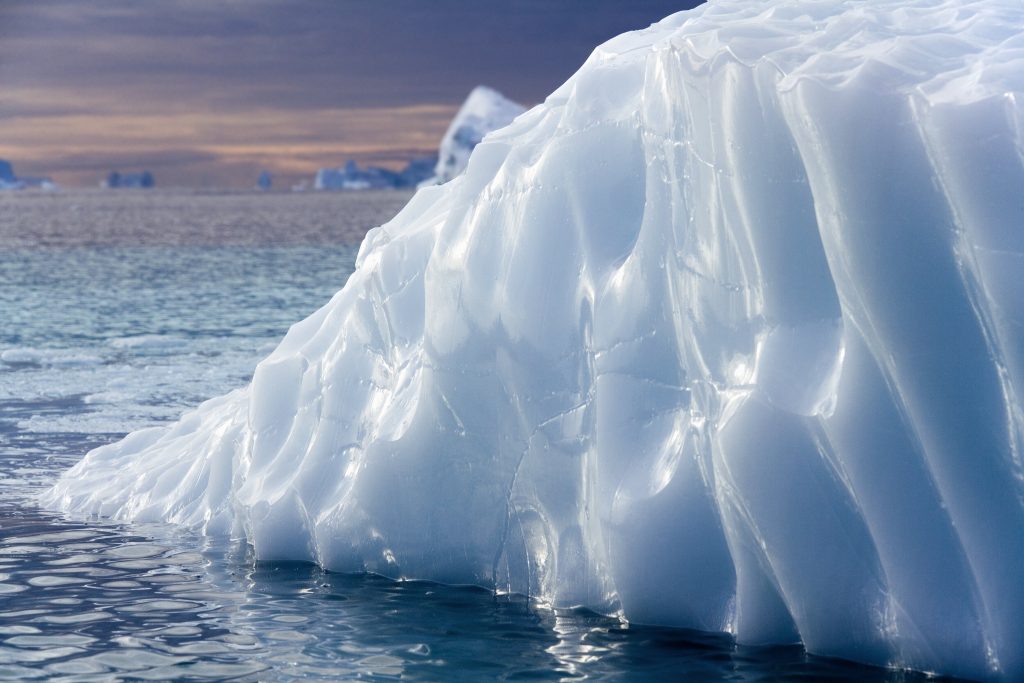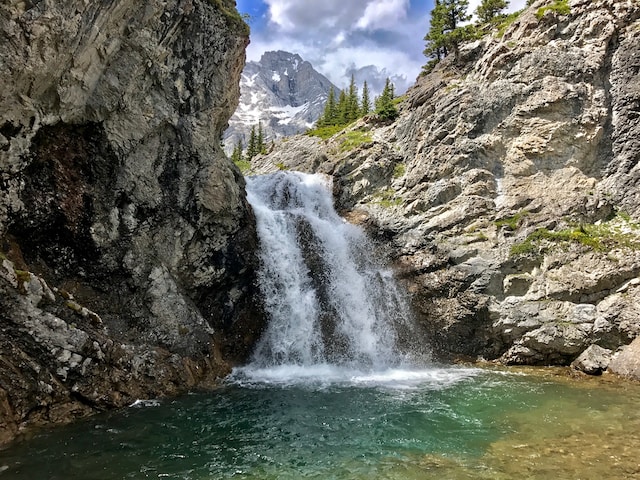Water is vital to life. Our bodies contain a lot of water – in fact the average adult human body averages around 60% water composition [1]. Without water, we die within a few days. Similarly, our communities, societies, environment and much of our industry is dependent on water. In fact, entire past societies have failed at least partly due to changes in their water supply [2].
Take a moment to think about your day:
These very basic activities, never mind more technology-based activities such as using electricity or managing wastewater to keep our communities healthy, all need water. And people who understand how to manage water and water’s vulnerabilities.


Canada holds approximately 20% of the world’s freshwater supply [3] and, as of 2023, about 0.48% of the world’s population [4]. Relatively speaking, that means Canadians have a lot of freshwater to go around. However, across provinces, water is not equally distributed. For example, the province of Alberta is a water-scarce region, accounting for only 2.2% of the country’s water [5].
Water availability is ever-shifting due to changes in global climate patterns, land cover, and land uses that affect water movement, drought lengths, glacier shrinking, and population growth (for example, Alberta’s population is forecast to grow 42% between 2020 and 2046, with 80% of the population concentrated in the Edmonton-Calgary Corridor [6]. This has profound implications for water management in Alberta.).
There are many parts of the world without abundant, clean water. Parts of Africa, the Middle East, and northern India suffer from extreme water scarcity, and many other countries and regions face severe water quality challenges. The 2023 United Nations World Water Development Report notes that some 10% of the world’s population lives in counties with “high or critical stress” (p.2), and that water scarcity is becoming endemic. In Canada, we have named water our most valuable natural resource.
Earth is a closed system, meaning the amount of water on Earth will never change. Considering this, water may be considered an inexhaustible resource. However, by its nature, clean freshwater is not always in the right place at the right time. In many settled areas of Canada, the available fresh water is highly polluted and either cannot be used or requires expensive treatment before it can be used for human or animal use [7]. The 2019 World Bank Report “Quality Unknown” notes that there are water quality challenges in both rich and poor countries, and that the range of pollutants tend to increase with prosperity (p. xii).
One of Canada’s challenges is that, while Canada has about 7% of global renewable freshwater, it is not ideally located. Of that 7%, 60% [8] flows north and is not available to the 85% of Canadians living along the southern border. As a result, most Canadians are not as “water rich” as they initially appear.
Water supply and water quality pose a key challenge in our future. If there is a company, factory, development, or recreational activity that cannot access the water needed, the region will not grow.
Drought and flood mitigation, climate change and climate variability, water infrastructure management, and water quality are all water management challenges for Canada. How we managed water in the past may not work for the future.


Ensuring the long-term security and health of water is becoming ever more important. Understanding water issues is a vital step in addressing how we allocate and value our water. Providing examples of innovative techniques already in use to improve water management can inspire Canadians to be better water stewards now and into the future.
By providing factual, inclusive, accessible and unbiased information about water, the Canada WaterPortal helps Canadians better understand the bigger picture.
Understanding the value of water in our lives can promote better management, conservation, and the protection of our most precious resource.
We provide Canadian educational resources on water practices to promote conservation and sustainability. Our team crafts current and relevant content, while encouraging feedback and engagement.
The Canada WaterPortal is a registered charity, #807121876RR0001
We recognize and respect the sovereignty of the Indigenous Peoples and communities on whose land our work takes place.
© 2025 All Rights Reserved.